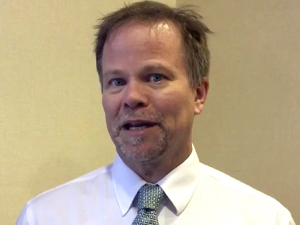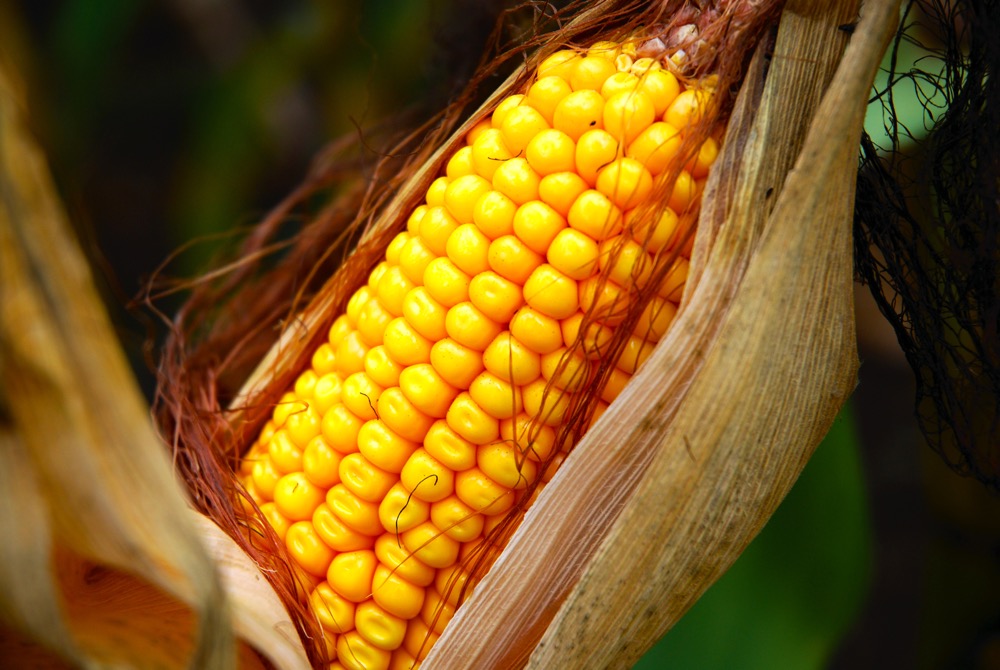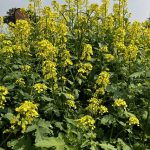On May 28, the Western Australia Supreme Court released its decision in the closely watched Marsh vs. Baxter case.
Marsh and Baxter own adjacent farms in Kojonup, Australia. In 2010, Baxter planted genetically modified (GM) canola; some GM canola swathes drifted onto Marsh’s organic wheat farm. Following its discovery and an investigation by the organic status organization, 70% of Marsh’s farm was decertified as organic.
Marsh’s trial against Baxter was held in February, and on Wednesday, May 28, the judge released his 150-page decision. The judge found in favour of Baxter. That conclusion was based on three key findings.
Read Also

How scientists are using DNA and climate data to breed crops of the future
A method for forecasting how crops will perform in different environments so that plant breeders can quickly select the best parents for new, climate-resilient varieties.
First, Baxter could not be liable for simply growing GM canola, as the decision to grow the canola did not cause the swathes to blow onto Marsh’s field. It was the decision to swath the canola, rather than direct harvest it, that exposed the canola to the elements and allowed it to blow over. However, this choice was reasonable: swathing assisted with weed control, was recommended by Baxter’s agronomist, and was the preferred method of harvest in the Kojonup farming district. Baxter could not be liable for following ordinary and prudent business practices.
- More Guide Legal with Naomi Loewith: As the wind blows
Second, the judge found that NASAA Certified Organic (NCO), the organic status certifying organization, acted outside its authority in decertifying a large portion of Marsh’s farm after the GM canola was discovered. NCO had other options available to it, such as a temporary suspension followed by monitoring or inspections, but instead applied a policy of zero tolerance. The court went so far as to suggest that Marsh could claim against NCO for acting in a way that caused his economic loss.
Third, Marsh’s vulnerability to GM drift was entirely self-initiated by entering into a contract with the NCO. That self-imposed vulnerability did not create a duty for Baxter to refrain from planting and swathing GM canola. Baxter had acted carefully in his planting and swathing: he did not have any reason to believe there was a risk of escape, he ensured there was a protected buffer zone between his farm and Marsh’s field and he hired a professional swathing contractor for the harvest.
Marsh is likely to appeal this decision; any appeal could take a year or more.
Naomi Loewith is a business litigator at Lenczner Slaght in Toronto. Naomi represents clients across a range of sectors in civil litigation, administrative disputes and regulatory proceedings.















